Petaling Jaya, 21 August 2018:Paramount Corporation Berhad (Paramount) today announced a Profit Before Tax (PBT) of RM78.8 million for the first six months of 2018, a jump of 64% compared to the same period last year (6M2017: RM48 million). This was on the back of RM440.6 million revenue, which was a 31% hike from RM336.5 million of the same period last year.
Its property arm was a key contributor to the Group’s performance, showing a 31% rise in revenue to RM301.3 million (6M2017: RM230.7 million) while PBT was recorded at RM64.8 million (6M2017: RM35.2 million).
Paramount Group Chief Executive Officer Jeffrey Chew said the Group’s property sales of RM598 million in 6M2018 was the Group’s record high (6M2017: RM420 million.
Paramount launched 1,160 units in the first half of the year, and sold 858 units, inclusive of those launched earlier. It launched 698 units in Selangor, and achieved sales of RM448 million from the 528 units sold. In Penang and Kedah, it launched 462 units, and sold 330 units worth RM150 million.
“The Group’s unbilled sales as at 30 June 2018 had also soared to RM866 million. This would contribute positively to our performance in the future. We target RM1 billion sales this year, backed by new launches of about RM1.2 billion.”
Encouraged by the strong take-up of the projects launched in March 2018, at Batu Kawan in Penang, Sepang, and Petaling Jaya, Chew said Paramount would launch the second phases of Suasana (at Batu Kawan) and Keranji (at Salak Perdana, Sepang), and the commercial development at Atwater (in Petaling Jaya) in the second half of the year.
Chew said Paramount would also launch later in 2018, a mixed development project around Klang’s main business and commercial area, where it would also build a new Sri KDU international school, thus deriving synergy from its property and education businesses.
Aside from property sales, Paramount’s disposal of a piece of 9.4-acre industrial land in Kota Damansara, Selangor had contributed RM92.1 million to the Group’s revenue, and RM43.2 million to its PBT.
“The Kota Damansara land disposal was to unlock the value of the land, and to use the cash proceeds to acquire new land bank that can generate higher returns in a shorter turnaround time and to reduce bank borrowings,” said Chew.
Education division revenue grew by 32% to RM139.3 million in 6M2018 (6M2017: RM105.8 million) while PBT rose by 19% to RM22.2 million (6M2017: RM18.6 million). The improvement was mainly due to the consolidation of the R.E.A.L. Education Group’s financial results from April 2017 as well as higher enrolment at KDU University College, Glenmarie.
In terms of second quarter results, Paramount had doubled its PBT to RM60.8 million in 2Q2018 from RM29.6 million of the same period last year. The 106% jump in PBT was anchored by the 47% rise in revenue from RM189.7 million to RM278.4 million.
The strong performance was in good part due to the 163% jump in PBT by the Group’s property arm to RM56.1 million in 2Q2018 (2Q2017: RM21.3 million). Paramount Property presented a revenue of RM209.9 million in the second quarter (2Q2017: RM124.7 million).
Revenue for the Group’s education segment was marginally higher at RM68.5 million in 2Q2018 (2Q2017: RM65 million), mainly due to higher student numbers at KDU University College, Glenmarie. PBT, however, was lower at RM9.5 million compared to RM11.7 million in 2Q2017, due to the rent Sri KDU paid under the sales and leaseback with Alpha REIT which started in September 2017.
Chew said its education segment will leverage on student continuity and retention with its full spectrum of services ranging from pre-school to tertiary and enrichment centres, with the K-12 segment as the main driver.
Going forward
“In line with our asset-light strategy, we will continue to pursue sale and leaseback of our education assets, if such opportunities arise. For our property segment, we will build strategic partnerships to undertake development projects on joint-venture basis.
“In addition, the Group seeks to unlock value through the monetisation of land bank and strategic divestments,” said Chew.





